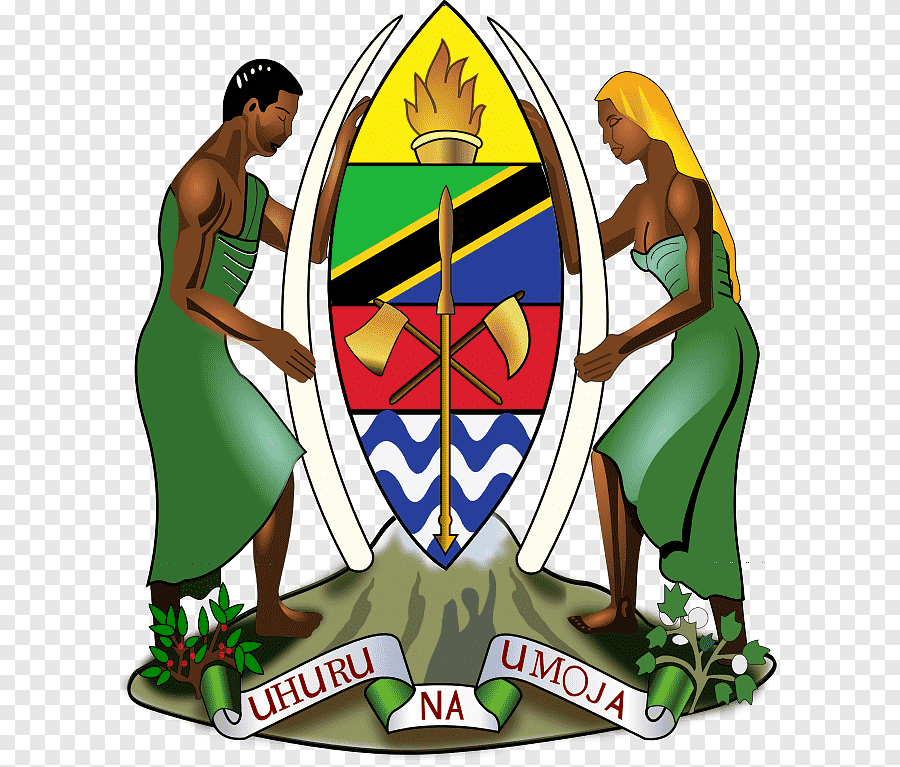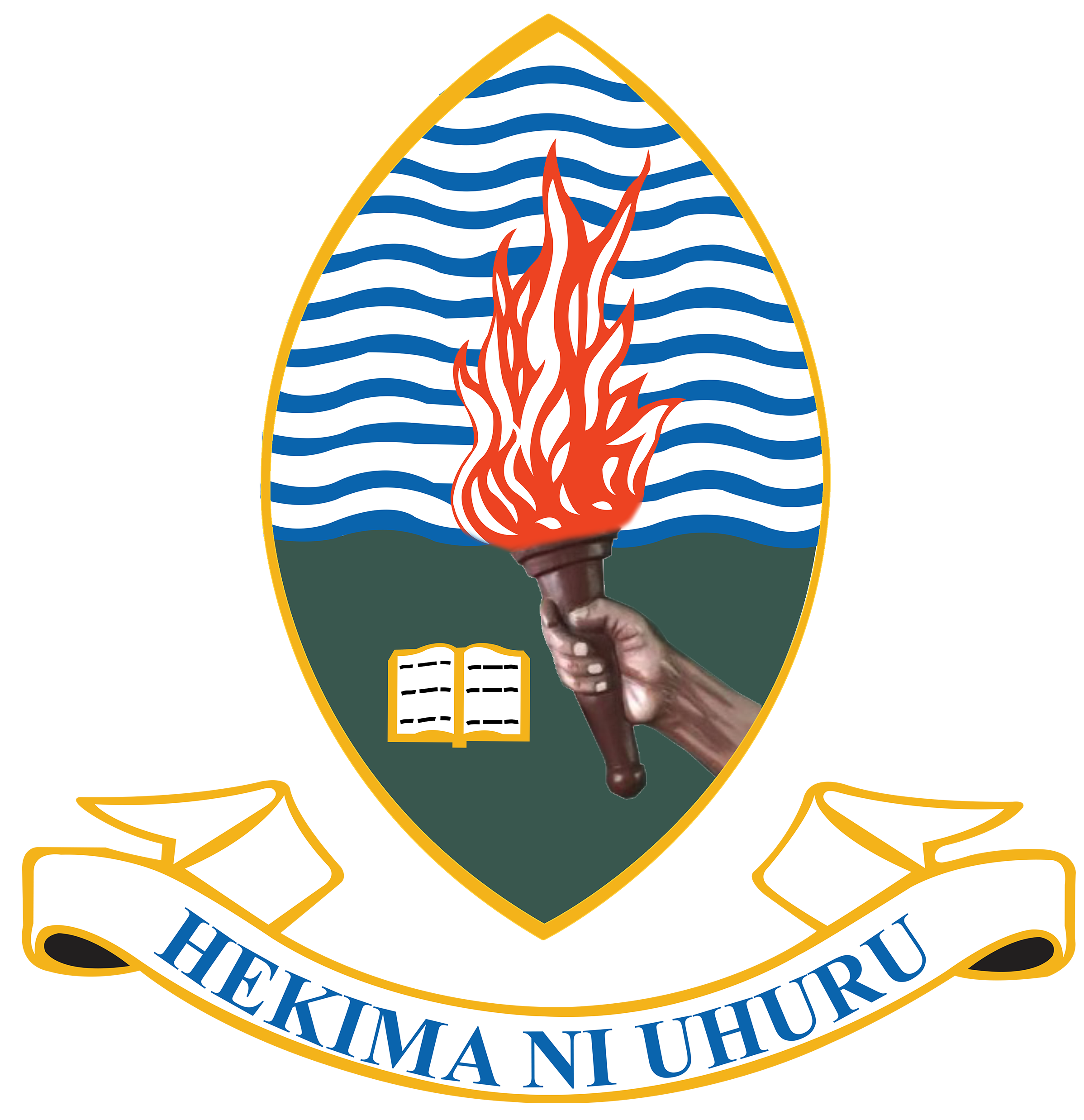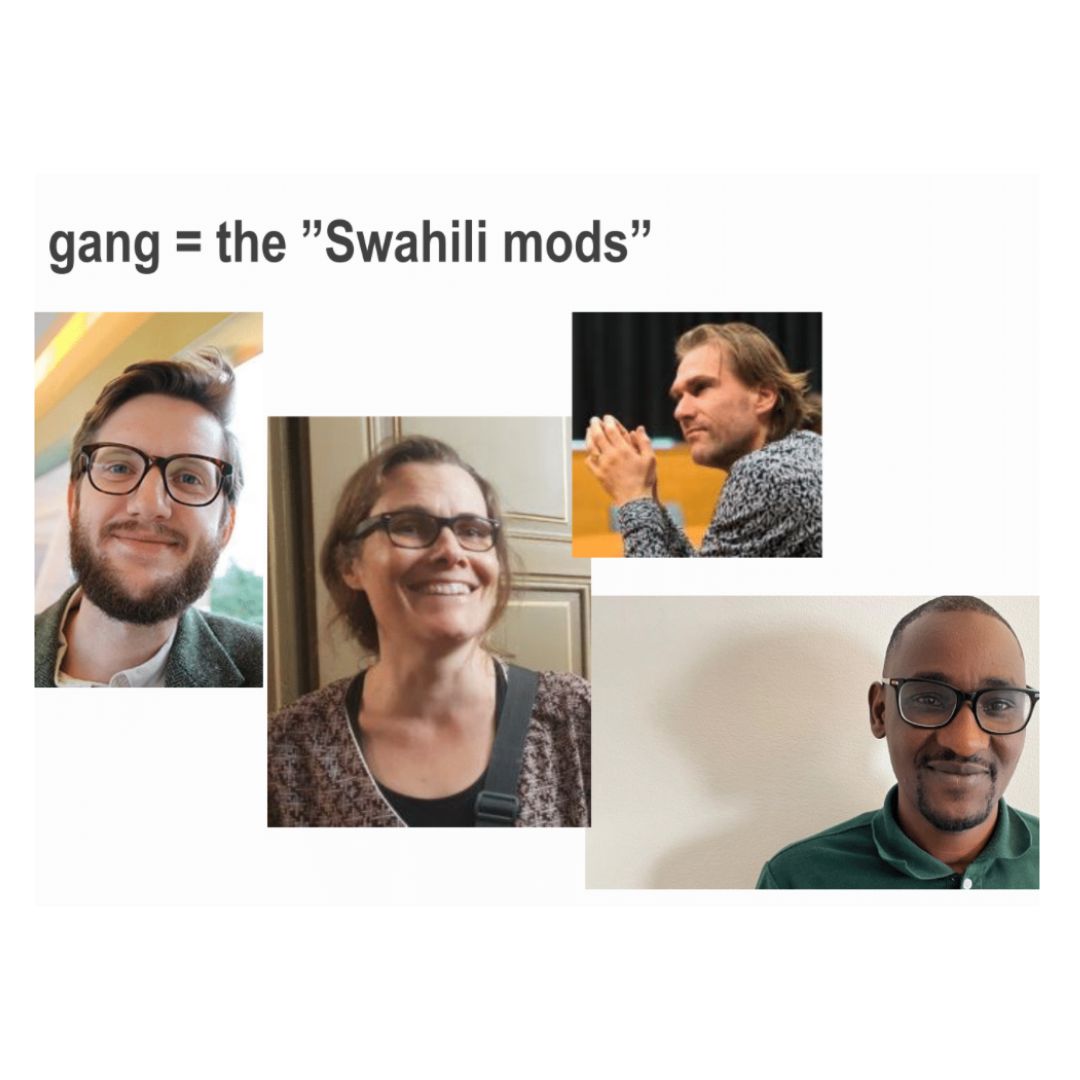Dr. Ponsiano Kanijo and his Team Launched their Breakthrough Research Project Worth 4.9 Million SEK at University of Gothenburg, Sweden
In a landmark event at the University of Gothenburg, Sweden, on May 7, 2024, Dr. Ponsiano Kanijo (MUCE), alongside his esteemed team comprising Dr. Rasmus Bernander from the University of Gothenburg, Sweden, Prof. Maud Devos from the Royal Museum for Central Africa in Belgium, and Prof. Dr. Gilles-Maurice de Schryver from Ghent University, Belgium, launched their ambitious research endeavour on Swahili modality. This pioneering initiative, funded by the generous support of Riksbanken Jubileumsfond to the tune of 4.9 million SEK, marks a significant step forward in understanding the intricacies of Swahili linguistic structures.
During the inaugural event, each member of the distinguished team presented their respective project outlines and initial discoveries, setting the stage for what promises to be a transformative three-year journey into Swahili modality, commencing in 2024.
Notably, amidst the backdrop of this groundbreaking launch, Dr. Ponsiano Kanijo took the opportunity to showcase his ongoing research on the -ag- form, a colloquial Swahili linguistic phenomenon, alongside Prof. Malin Petzell from the University of Gothenburg. Dr Kanijo and Prof. Petzell are currently implementing a research project on valency-decreasing alternations in East Ruvu Bantu languages of Morogoro, Tanzania, together with Prof. Leora Bar-el from the University of Montana. The project also involved Dr. Sebastina Dom, the postdoctoral fellow at Ghent University, who was involved in the project's first two years.
Beyond the confines of the research project, Dr. Kanijo's visit to the University of Gothenburg was marked by his active involvement in teaching Swahili courses to foreign learners, demonstrating his commitment to knowledge dissemination and cross-cultural exchange. Furthermore, his engagement with fellow scholars signalled a broader effort towards forging future collaborations, underscoring the project's potential to catalyze a global network of linguistic inquiry and cooperation.


